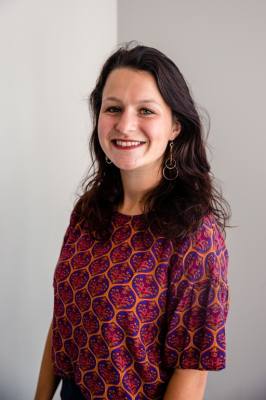Some students are ready to return to the classroom and skip learning by Zoom; however, one of Frisco ISD’s top legislative priorities for 2021 is to expand online learning.
FISD Government Affairs Coordinator Megan DeWolfe said at a Dec. 3 special board meeting that the district was discussing online learning as a future offering even before the COVID-19 pandemic disrupted in-person learning.
The district was eyeing Senate Bill 1455, which was proposed in the last Texas legislative session with the goal of expanding virtual learning options, but it did not pass.
FISD has an opportunity to benefit students who have unique life circumstances, DeWolfe said. These students may include elite athletes, students receiving inpatient and outpatient services, and students who simply prefer the flexibility of online learning and thrive in virtual settings.
Students who are physically absent for long periods of time have to unenroll, even if it is for a few weeks to visit family in another country or to train for elite sports, DeWolfe said.
“Why can’t we continue to service them [online] for the couple months that they’re gone?" she said. "We’re really going to make a kid unenroll for the three weeks that they leave?”
DeWolfe said FISD wants to have the opportunity to serve those students during that time period when they cannot be physically present.
While most schools across the state offer virtual learning due to social distancing and the threat of COVID-19, what a lot of people do not realize, DeWolfe said, is that this is made possible through state waivers.
“Much of what we’re doing servicing students through online learning is not allowed, and it’s not funded through current law,” DeWolfe said.
DeWolfe said writing a new state law may present some complications. One challenge is that some rural or smaller districts may not have the infrastructure to implement a full-blown virtual academy. This may create unequal levels of opportunity, she said.
“We’re talking a lot to small districts," DeWolfe said. "We’re not trying to steal students. We’re trying to figure out how [we can] just make this better for students across the state.”
She said she hopes there can be a new policy that benefits everyone.
“How can we approve this in code in a way that would improve education access for students at rural districts, at small districts, at large districts ... that won’t hurt or ... make schools compete against one another?” DeWolfe said.
Virtual learning is “probably not the best option for everyone under the sun,” she said, but that keeping this option open for FISD students could be a game-changer.





